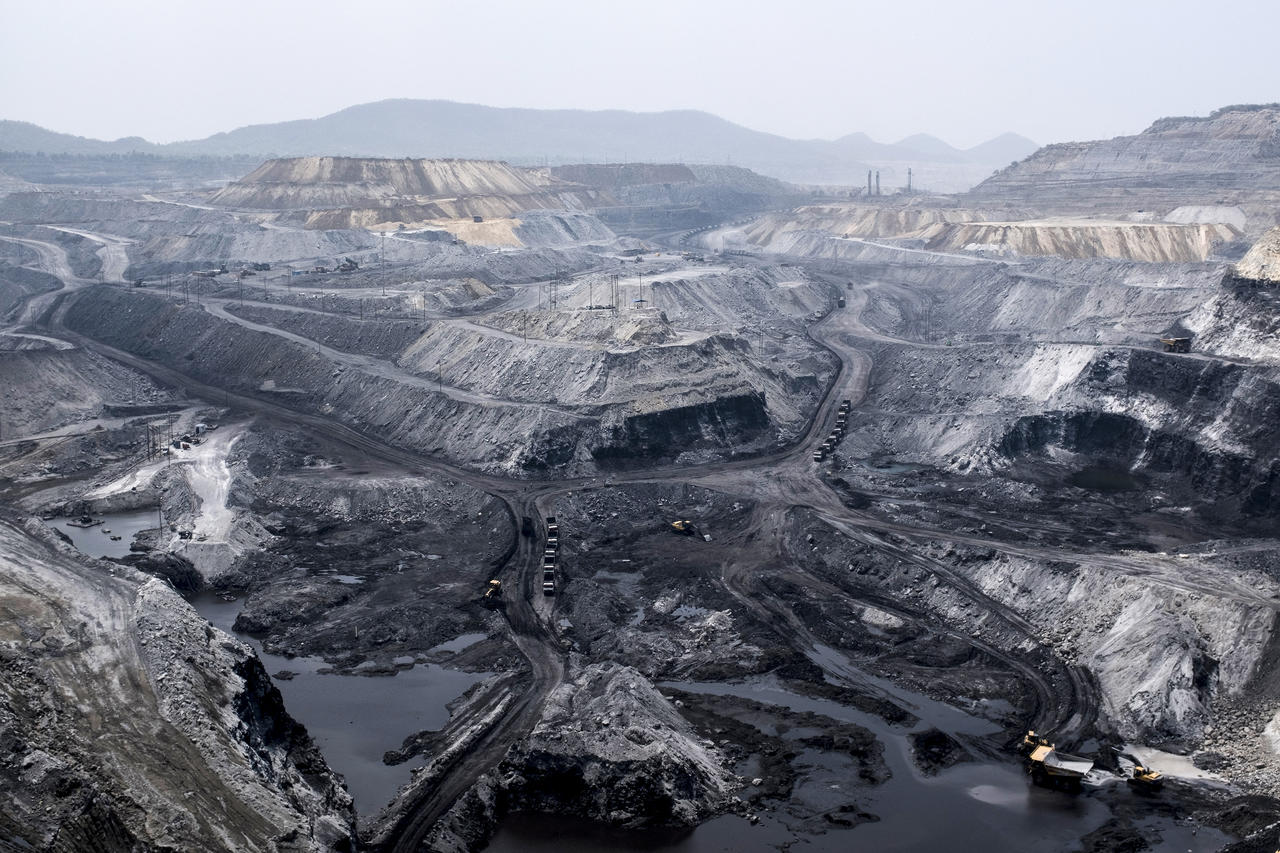
A new report released today assesses fossil fuel industry plans to sink USD 230 billion into the development of new oil and gas production in Africa in the next decade — and $1.4 trillion by 2050. It finds these projects are not compatible with a safe climate future and are at risk of becoming stranded assets.
The report, The Sky’s Limit Africa: The case for a just energy transition from fossil fuel production in Africa, was researched by Oil Change International (OCI) and released in partnership with Oilwatch Africa, Africa Coal Network, Health of Mother Earth Foundation (HOMEF), 350Africa, WoMin African Alliance and the Center for International Environmental Law.
The analysis reveals 71% of the new oil and gas production planned in Africa in the next three decades would come from relatively costly modes of production or countries without an established industry.
These factors increase the risk that new projects will become stranded, creating shortfalls of funding for cleaning up environmental damages, overnight job losses, and gaps in government revenues.
These conclusions follow bombshell reports this year from the International Energy Agency (IEA) and the Intergovernmental Panel on Climate Change (IPCC) which found that new oil and gas fields and coal mines are incompatible with limiting global warming to 1.5 degrees Celsius and that a much more rapid phase-out of fossil fuels must be pursued.
As Thuli Makama, Oil Change International’s Africa Director and Global South Advisor stated, “An equitable, managed phase-out of fossil fuel production provides a much brighter pathway for Africa than allowing new decades-long fossil fuel extraction projects to go forward. This does not mean stopping production overnight, but rather, planning ahead to ensure there is time and resources for clean-up and for a just transition for impacted workers and communities.”
The new report also looks at the local impacts of the fossil fuel industry to find that it has hurt jobs, health, and the environment while failing to deliver on economic promises. The authors argue industry is even less equipped to yield public benefits now that it faces global headwinds.
They show 66% of projected new oil and gas production in Africa will be owned by overseas corporations and that renewable energy and other green economy sectors already provide 2 to 25 times as many jobs per dollar spent.
“It is a myth that fossil fuels equal development,” said Nnimmo Bassey, Environmentalist and Director of HOMEF, “Both the physical resources and the profits from these projects have overwhelmingly flowed out of Africa rather than addressing energy poverty on the continent.
“Meanwhile, pollution is the daily reality of our peoples and criminally harms nearby waterways, bodies, soils, and the air. As the fossil fuel industry gets more desperate to stay afloat in the face of unprecedented resistance to their business plans, these impacts on frontline communities risk becoming even worse. They must stop!”
The report authors call on governments in wealthy countries to move first and fastest in phasing out fossil fuel production and dramatically scale up their climate finance and debt cancellation to support just transitions in Africa and globally.
However, given the escalating systemic risks to economy, climate, and development associated with new fossil fuel projects, they also recommend governments in Africa stop licensing and approvals for new oil, gas, and coal projects now, regardless of how other countries act.
For countries with an established industry, authors recommend governments develop plans now for a gradual and managed phase-out of already-built fossil fuel extraction projects by 2050 at the latest, alongside just transition measures for workers and communities.











